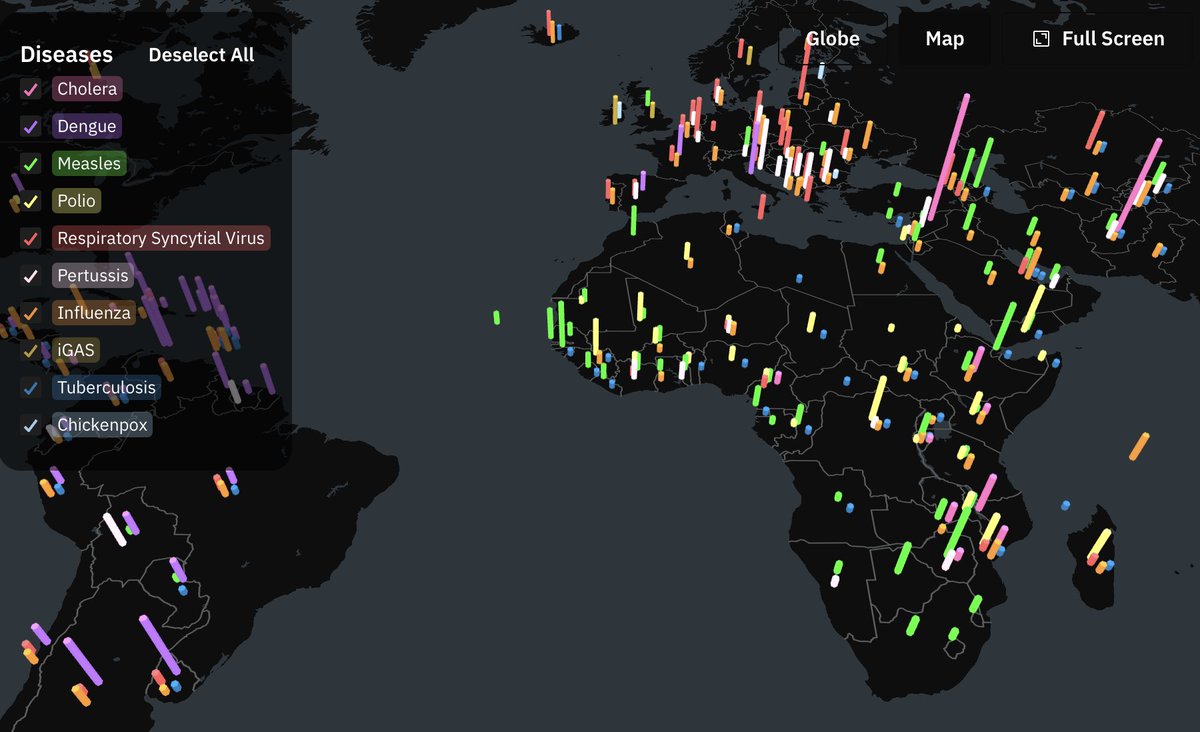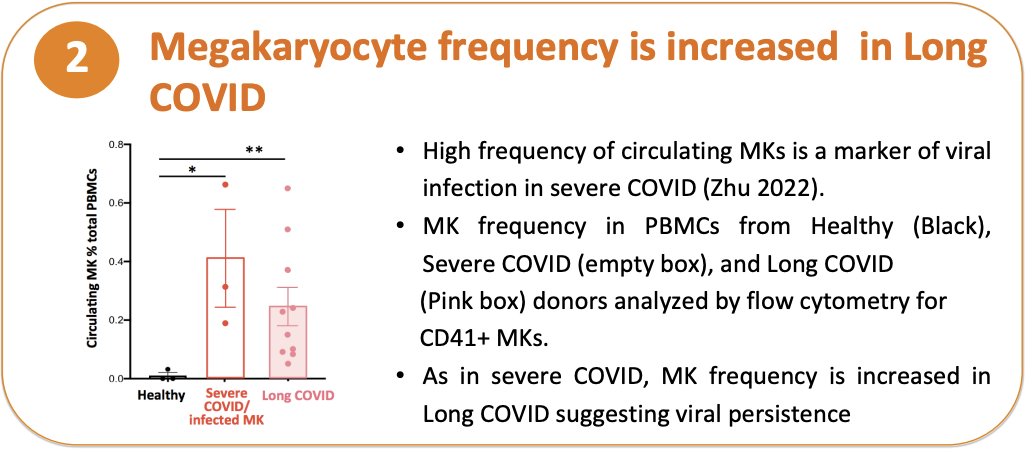New, very strong, meta-analysis published on 81 studies estimating #LongCovid prevalence!
Key findings:
32% of patients have fatigue at 12 weeks, 31% at 6+ months
22% have cognitive impairment at 12 weeks, 21% at 6+ months
Lots of additional info:
1/
sciencedirect.com/science/articl…
Key findings:
32% of patients have fatigue at 12 weeks, 31% at 6+ months
22% have cognitive impairment at 12 weeks, 21% at 6+ months
Lots of additional info:
1/
sciencedirect.com/science/articl…
It focuses on 2 most common & debilitating #LongCovid symptoms: fatigue & cognitive impairment. Unlike other studies which don't include cognition or only include 1 impairment (i.e. difficulty concentrating), this includes memory & more comprehensive cognitive symptoms.
2/
2/
A really key finding is that fatigue and cognitive impairment were not statistically significantly different between hospitalized and non-hospitalized patients!
This is a major point as the public assumes that non-hospitalized cases are "mild".
#LongCovid
3/
This is a major point as the public assumes that non-hospitalized cases are "mild".
#LongCovid
3/
Another key (but depressing) finding:
Though some symptoms (like anosmia) improve over time, cognitive impairment & fatigue don't seem to improve for most over time.
The rates of both symptoms were the same when looking at under 6 months & over 6 months.
#LongCovid
4/
Though some symptoms (like anosmia) improve over time, cognitive impairment & fatigue don't seem to improve for most over time.
The rates of both symptoms were the same when looking at under 6 months & over 6 months.
#LongCovid
4/
Adults experienced both symptoms more frequently than children, though a substantial % of children also experienced both.
Fatigue: 34% of adults and 11% of kids
Cognitive impairment: 23% of adults and 9% of kids (though subgroup analysis was not significant).
#LongCovid
5/
Fatigue: 34% of adults and 11% of kids
Cognitive impairment: 23% of adults and 9% of kids (though subgroup analysis was not significant).
#LongCovid
5/
Interestingly, objective measures of fatigue and cognitive impairment produced *higher* levels of these symptoms than subjective measures (49% vs 25% for fatigue; 36% vs 18% for cognitive impairment).
#LongCovid
6/
#LongCovid
6/
These symptoms were associated with inflammatory markers and "considerable functional impairment". All studies showed decrease in quality of life.
Many showed activity impairment (which includes difficulties with performing daily tasks, self-care, & mobility).
#LongCovid
7/
Many showed activity impairment (which includes difficulties with performing daily tasks, self-care, & mobility).
#LongCovid
7/
Between 29.0%-47.4% of those who had been employed pre-COVID weren't able to return to work!
An estimated 5%-90% were unable to reach their pre-COVID employment level.
cc @julierehmeyer @kathrynsbach
#LongCovid
8/
An estimated 5%-90% were unable to reach their pre-COVID employment level.
cc @julierehmeyer @kathrynsbach
#LongCovid
8/
The 81 studies included Italy, Spain, US, China, UK, Denmark, France, Norway, Australia, Austria, Brazil, Canada, Egypt, Germany, Israel, Russia, Netherlands, Belgium, Czech Republic, England, Faroe Islands, Iran, Japan, Mexico, Pakistan, Singapore, Sweden, Switzerland, Turkey 9/
A lot of people are bad at understanding what a meta-analysis is, geez. 5-90% means there’s a diverse range across 81 studies on what “reach their previous employment level means.” Yes, that specific point is not very helpful.
10/
10/
• • •
Missing some Tweet in this thread? You can try to
force a refresh










